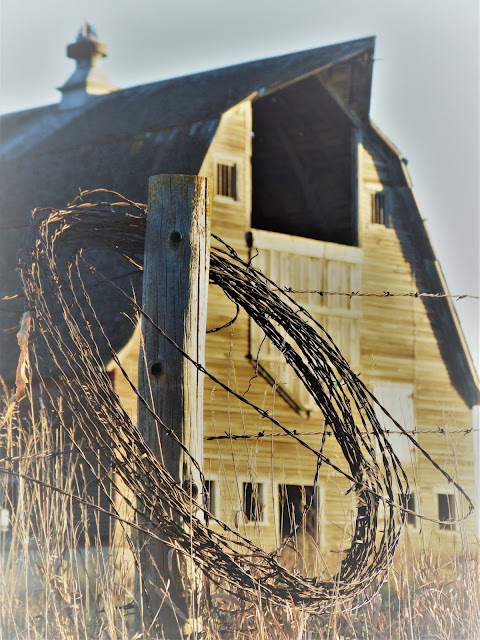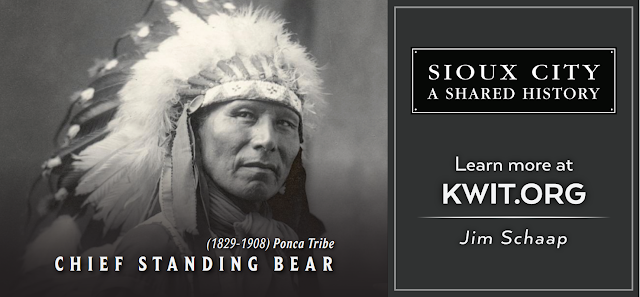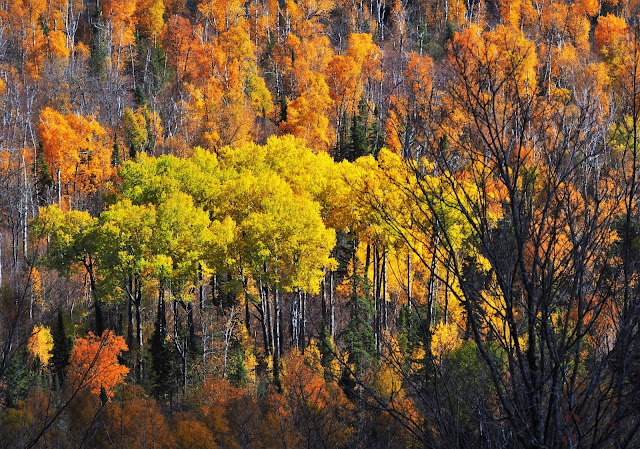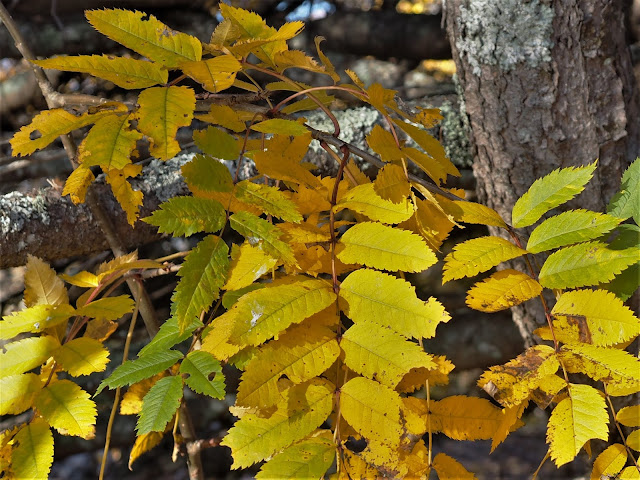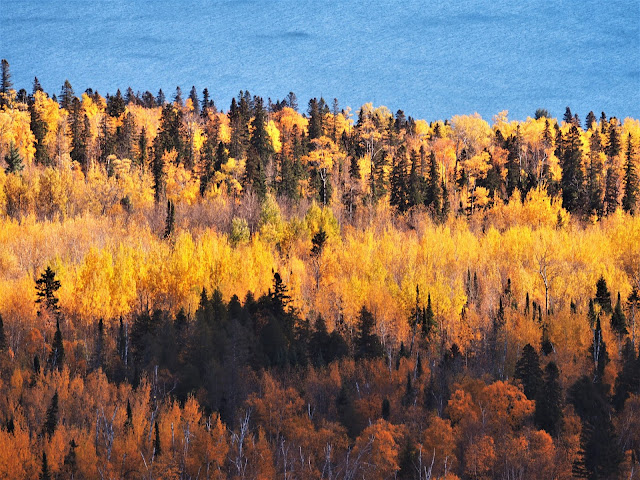There's a kid gone from my class. He showed up the first day, and he was, from the get-go, someone unlike almost any kid I've ever had in a class at this college--and I've been here for 32 years.
He played football. He was a "person of color." He was from a high school where I'm quite sure we had never recruited another kid. Geographically, he was from deep and sunny Florida. His faith, it seemed, was practiced on the gridiron; he believed in football--that's all I knew of him.
Now he's gone. He didn't believe in schoolwork. I'm not sure he believed in Jehovah, but he may have. All I know is he's gone, the only student of 46 in ENG 101 who did absolutely nothing. Once, in class, we did an exercise. He was there that day, and he handed it in. That's the only proof I have that he was in my class. I don't know if he was capable of doing the work.
I tried to be open with him. I tried to bring him into the flow of a class, joked with him--he wasn't shy. When he didn't hand in his papers, I sent him e-mails he never answered. I tried to urge him to be a part of things, told him I'd help him with his work. I'm not at all sure how much talent he had; he never showed his hand.
I heard his name often that first football game. He was a linebacker--seems to me he may led the team in tackles.
Now, he's gone, and I feel somehow as if I've failed him.
Years ago, in a high school in Phoenix where I was teaching, I once believed a young kid who told me he couldn't get his homework finished because his parents were fighting all the time. He was a gymnast, big shoulders, and when he stood before me he cried. I told him he didn't have to have to homework done--that things would get better, etc. I tried to be good, tried to be loving. It was the only thing I knew how to do.
A week later or so, a guidance counselor came down the path, laughing. "You small-town Midwest Christians," he said, "you're so blasted sweet." And then he chewed me out. Seems the crying gymnast had an operation going. "The kid's been doing that for years," the counselor said, "and when he gets away with it, it only encourages him to do it more. I don't know what I'm going to do with you." He was laughing.
So I got whacked. I feel the same today, 35 years later.
I wanted this kid in ENG 101 to succeed. I would have done anything to get him through, sans fix grades. I would have bent over backwards to give him extra time, to read his essays for him, to make sure he learns to write. I would have busted my tail, but he's gone.
He pulled some shenanigans after getting failure notices--one of them mine--and the powers that be put him on a plane and sent him home, a couple of thousand dollars poorer, I suppose, maybe five or six football games under his belt.
Now I'm kind of angry because I invested in that kid. I wanted him to do well, this kid who wasn't like most other, far-above-average Midwestern white kids in his class. I wanted him to make it.
And I don't know who to be mad at. The kid made his own decisions, didn't he? He can't be absolved. He did things he shouldn't have and didn't do the things he should--like write essays.
What about the football team that brought him here, a place he would never have thought of it if it weren't for the gridiron? But football at least gave him the chance to get an education, right?--that's what the administration would say, I'm sure.
That having been said, he was, from day #1, a lousy bet at this college, a place he'd never heard of in a state he likely didn't know from Ohio or Idaho. He'd probably never even been close to a small Iowa town and likely never smelled the peculiar roses in the air. The high school he'd come from--like the one I used to teach in--was probably twice as big as the college he'd found himself in. He was a bad bet at this little Calvinist school on the edge of the Great Plains. He was bad bet right from the get go.
But I invested, and--dang it!--I feel bad having lost him. I feel as if I've failed him.
Maybe I'm just another one of those Midwestern bleeding-hearts. Maybe so.
I'm much older now--I'm 35 years older than I was when I got chewed out for my Christian idealism.
I'm sorry he's gone. Maybe I should just be happy that silly idealism is still here--still getting a beating maybe, but still there.
______________________
*Maybe ten or twelve years old, from the very first year of Dordt College/University football.


